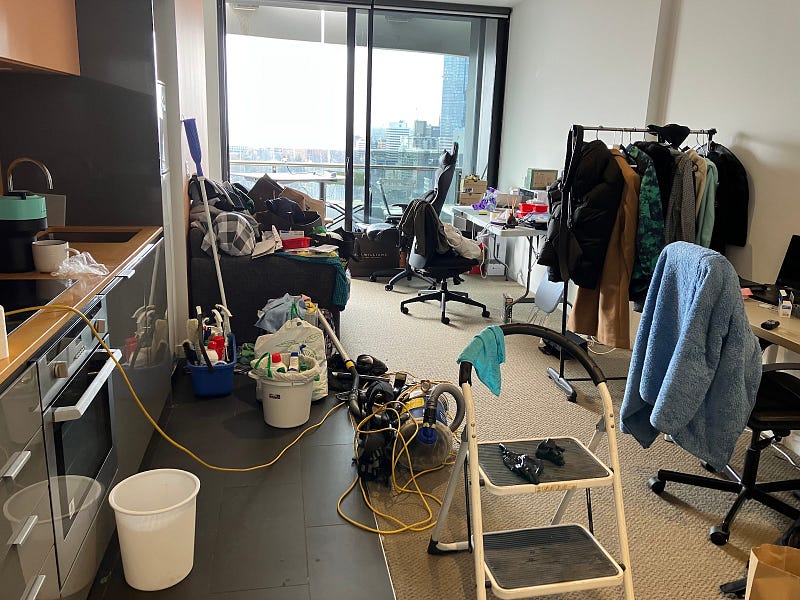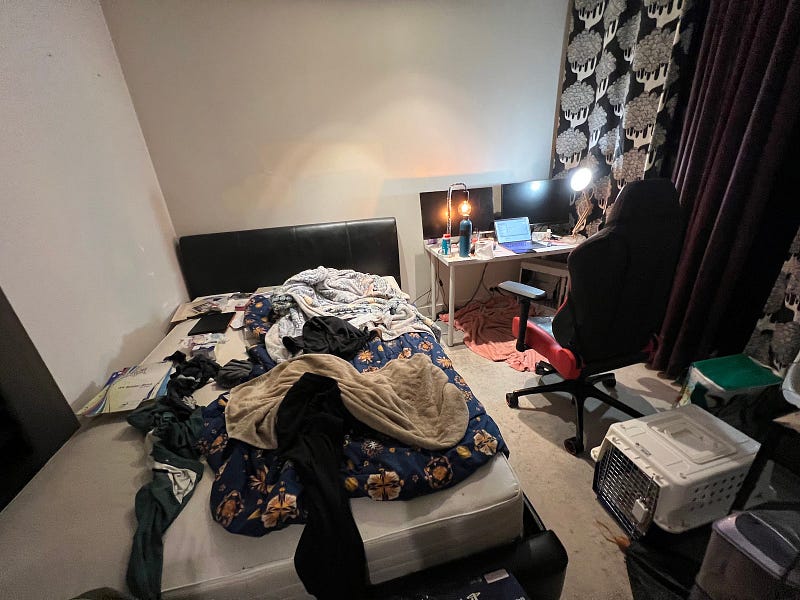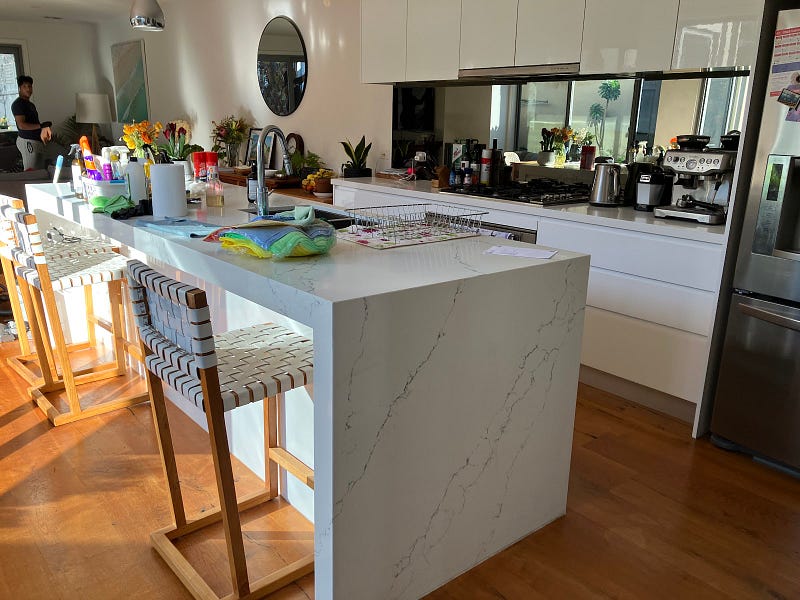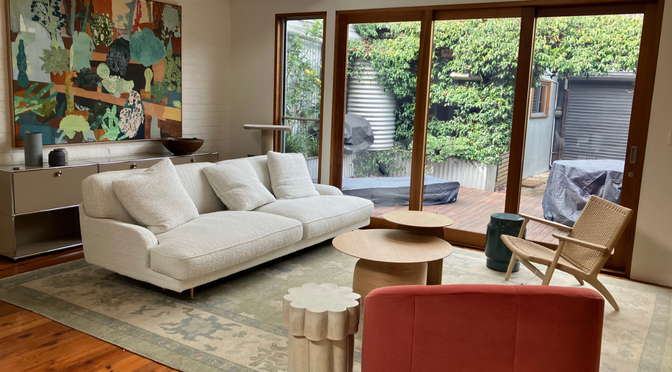Maintaining an organised home can often feel like a never-ending task, particularly for busy households. Between work, family commitments, and daily chores, keeping everything in its place can be a real challenge. Housekeeping is more than just a cleaning activity — it’s about establishing a system that keeps your living spaces functional, clutter-free, and inviting. Regular housekeeping can be the key to a well-ordered home, helping you save time, reduce stress, and make everyday life more enjoyable.
The Importance of Preventing Clutter
One of the most significant benefits of housekeeping is the prevention of clutter build-up. Clutter doesn’t appear overnight; it accumulates slowly when items are left unattended and spaces aren’t regularly maintained. By routinely tidying and cleaning, you establish a habit of putting things back in their rightful places, making it easier to locate items when needed.
Regular housekeeping also involves sorting and discarding unused items. By routinely going through cupboards, closets, and drawers, you can identify things that no longer serve a purpose. Removing these items frees up valuable space, resulting in a home that feels more spacious and welcoming.

Establishing Structure with Routine
Housekeeping promotes a sense of structure, which is essential for an organised home. Establishing cleaning routines, such as tidying up the living area each evening or cleaning the kitchen after meals, sets a rhythm that keeps household tasks manageable. Routine tasks such as dusting, vacuuming, and sorting laundry become second nature with regular housekeeping.
Moreover, having a routine encourages all household members to participate in housekeeping. The home runs more smoothly when everyone knows what is expected, from children picking up toys to adults managing kitchen tidiness. This shared sense of responsibility is key to long-term organisation.

Enhancing Productivity Through Organisation
A clean and orderly home can significantly enhance productivity. A clutter-free environment is conducive to focus and efficiency, making it easier to carry out daily activities without distraction. When your home is organised, meal preparation and laundry become more efficient.
In a well-organised kitchen, cooking becomes more pleasant because you can easily find utensils, spices, and cookware. Similarly, a tidy laundry room streamlines the process of washing, folding, and putting away clothes.
An organised home also affects other areas of life. A clutter-free workspace boosts concentration, making it easier for those who work or study from home. Less distraction allows you to focus without feeling overwhelmed by the chaos around you.
Maintaining Hygiene and Well-being
Housekeeping is crucial for a healthy living environment, as is hygiene. Regular dusting, vacuuming, and sanitising prevent the accumulation of allergens, bacteria, and germs, contributing to household well-being. In high-traffic areas such as the kitchen and bathroom, routine cleaning keeps surfaces germ-free.
Housekeeping tasks like changing bed linens, vacuuming upholstery, and cleaning under furniture may seem trivial, but they significantly impact health. Regular deep cleaning minimises health risks, ensuring a clean and safe home.
Additionally, a clean home positively affects mental well-being. Clutter and dirt create stress, making it difficult to relax or concentrate. In contrast, an organised and clean environment fosters a sense of calm, boosting mood and reducing anxiety.
Creating a Functional Living Space
Another advantage of housekeeping is creating a functional living space. Organising rooms with purpose allows you to make the best use of available space. For instance, keeping the entryway clear of shoes and bags provides a welcoming area as soon as you walk in.
Housekeeping can establish order and encourage independence in children’s rooms. Designating storage spaces for toys and clothes teaches children the importance of organisation and reduces clutter.

Housekeeping as an Ongoing Process
It’s important to view housekeeping as an ongoing process rather than a one-time event. Homes are lived in daily, so keeping them organised requires continuous effort. Regular housekeeping habits help you stay on top of the mess and prevent it from spiralling out of control.
Consider developing a housekeeping schedule that divides tasks into daily, weekly, and monthly activities. Breaking housekeeping into manageable chunks allows you to keep your home consistently organised without feeling overwhelmed.
Housekeeping is vital in keeping your home organised by preventing clutter, establishing structure, enhancing productivity, and maintaining hygiene. Integrating regular housekeeping into your daily life allows you to enjoy a more functional, calm, and healthy environment.
3 FAQs about the blog’s topic:
1. How does housekeeping help prevent clutter in the home?
Housekeeping involves regularly tidying and sorting through items, ensuring everything has a designated place. This routine prevents clutter build-up and makes it easier to find items when needed, creating a more organised living space.
2. What role does housekeeping play in enhancing productivity?
A clean and organised home provides a clutter-free environment, which improves focus and efficiency in daily tasks such as meal preparation, laundry, and even work or study. Less distraction allows for better productivity and a more enjoyable living experience.
3. How does regular housekeeping contribute to a healthier home environment?
Regular housekeeping, including dusting, vacuuming, and sanitising, prevents the accumulation of allergens and germs. This routine helps maintain a clean, hygienic living space, which is essential for the well-being of all household members.
Ready to transform your home into an organised, clutter-free haven? Contact us today at 03 8583 9102, email us at info@cleanhousemelbourne.com.au, or visit our website at cleanhousemelbourne.com.au to get started!


 Email Us
Email Us Whatsapp
Whatsapp


